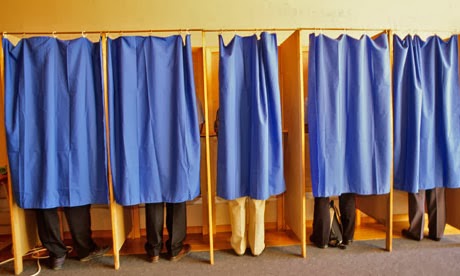 |
| NSA is always present |
When the German version of the FBI needs to share sensitive information these days, it types it up and has it hand-delivered.
This
time last year, it would have trusted in the security of email. But
last year was before Edward Snowden and the public revelations of the
scope of the National Security Agency's PRISM electronic
intelligence-gathering program. After Snowden, or post-PRISM, is a new
digital world.
"We're now carrying our information to our allies
on foot," said Peter Henzler, the vice president of the
Bundeskriminalamt, known as the BKA. He was speaking recently at a
German Interior Ministry panel on the country's digital future. The
focus of the panel was how to counter U.S. surveillance measures and
what it will take for Germans to be safe again on the Web. "We're no
longer using the open Internet."
The message is clear: The United
States no longer can be trusted not to spy on any and every facet of
German life and policy. Henzler's concerns might sound extreme, but he
was hardly alone on his panel, and the worries appear to be an accurate
reflection of the wider German, and even European, concern about the
reach of the NSA's surveillance program.
Hardly a week passes here
without some new revelation about the dastardly depths to which the
American spy program invaded German privacy, or at least a new way in
which to react to the scandal.
Last week, for instance, the news
broke that the United States had tapped the cellphone of Gerhard
Schroeder when he was the German chancellor from 1998 to 2005. Given
that it's been four months since news broke that the same American
surveillance program was tapping the cellphone of the current
chancellor, Angela Merkel, and had been tapping her phone for several
years before she was chancellor, the revelation could hardly have been
surprising.
Merkel, after all, was seen as an American ally. Schroeder,
who sharply criticized U.S. intentions and efforts in Iraq and was
visibly uncomfortable in the presence of then-President George W. Bush,
was seen as something less than an American booster.
But there are
many more examples, beyond the news stories: Thirty-two percent of
Germans tell pollsters they've either left or reduced their time on
Facebook for fear of spying. German television ads note the peace of
mind and freedom that come with email that doesn't leave European
servers. Providers very publicly say that they now encrypt all email.
Anti-surveillance NSA protests are common in Berlin.
Such thoughts
aren't limited to Germany. A $900 million French deal with the United
Arab Emirates for two new intelligence satellites appears to be in doubt
after the buyers noticed U.S. components in the French satellites that
they feared could compromise their data.
Florian Glatzner, a
policy officer with the German Federal Consumer Protection Agency, said
they were fielding a lot of consumer questions about how to ensure that
their communications and data were safe from the electronic spying of
the NSA.
"A lot of the trust in the big Internet companies is
gone," he said. "And most of the big Internet companies were based in
the United States."
Read more at msn news






